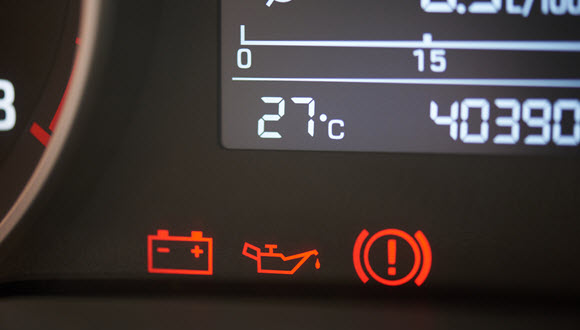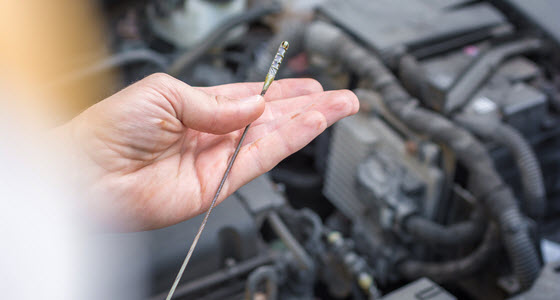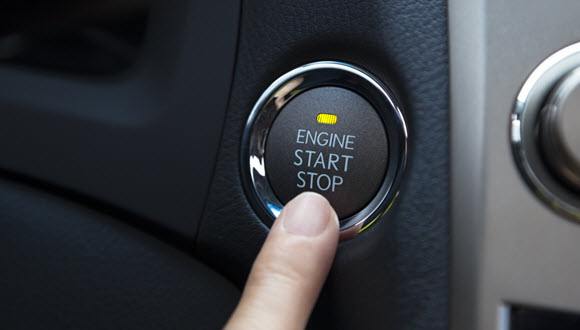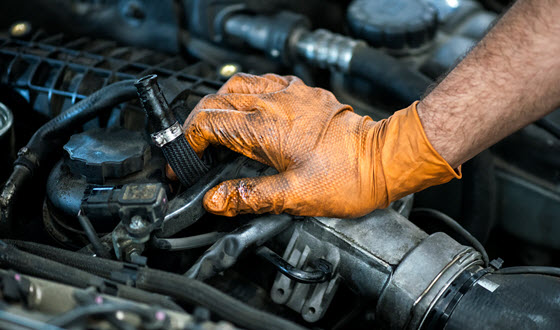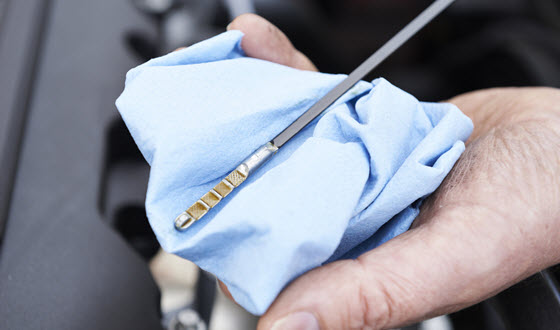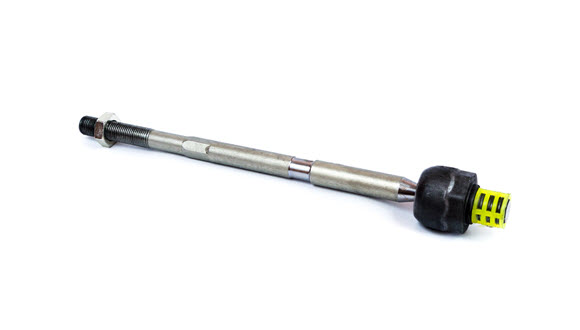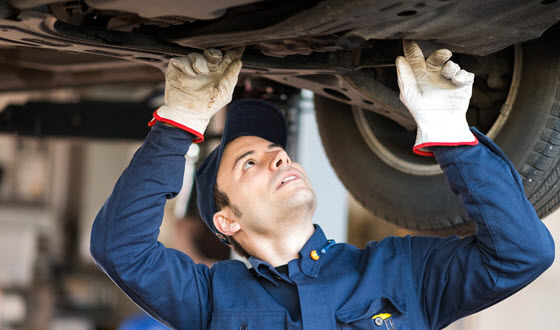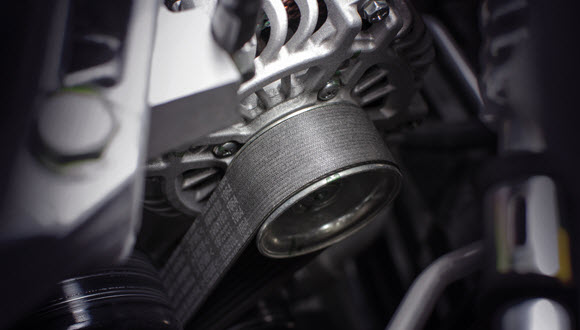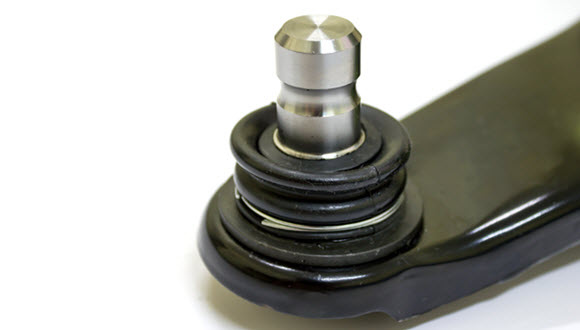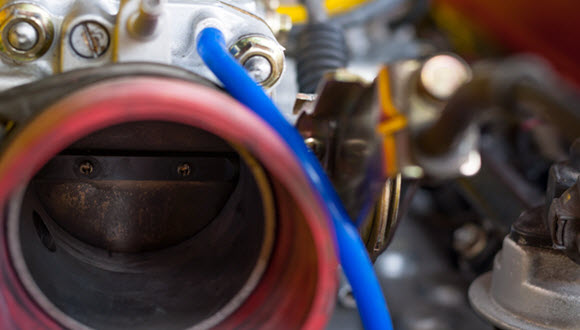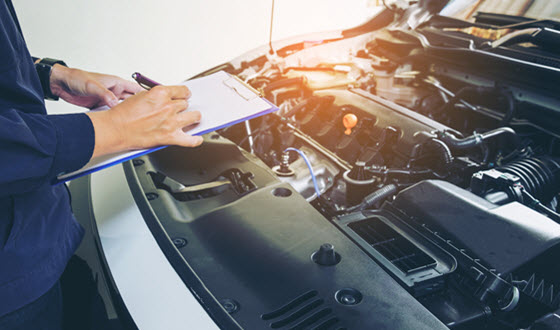How to Deal With Volkswagen Engine Oil Leaks
Posted on | 23 Dec 2019 By Anita Gaal
It’s no wonder Volkswagens have become one of the most popular vehicles. Owners love the quality of performance, reliability, and comfort each model offers. However, like most vehicles, VW’s can experience the ill effects of oil spills. Motor oil’s main function is to reduce friction and wear and tear on parts and to clean the engine from sludge. After some time, the wear can make parts fall flat and oil to spill. Volkswagen’s aren’t especially inclined to oil leaks more than other vehicles, yet getting them fixed requires the skill of a VW master to keep a break from happening once more. Let’s review the main causes of oil spills, how to recognize them, and how to manage them for your Volkswagen.
Main Causes of Oil Leaks
The fundamental driver of oil spills frequently boils down to worn out parts inside the motor. Harm after some time is unavoidable, as most vehicle parts fail sooner or later. Obviously, the rate at which parts decay can be expected by outside elements that may make them flop rashly. Irregular oil changes, extreme climates, or a lot of stop-and-go driving can all increase the possibility of a leak happening.
Ensure It’s Engine Oil
Before panicking and searching for the source of your oil leak, let’s be certain that the leak really is motor oil. Engine oil is amber in color, differentiating it from other fluids such as coolant, which is pink or bright green, or transmission fluid, which is a reddish brown. If you can’t tell if what’s leaking from your car is engine oil, you should schedule a visit with an expert technician. Below are the areas to inspect.
Drain Plug
A loose drain plug while having your oil serviced can cause a leak, as will a worn plug or one that hasn’t been tightened properly. A worn out drain plug should replaced to avoid leaks. You may see the leak underneath your car, which is a great visual indicator that your VW needs further inspection.
Errors with the Filler Cap
A common error when replacing oil is neglecting to properly tighten the filler top. A loose filler cap often leads to nasty oil leaks. Not only is this messy, but it can cause worse damage down the line. The leaking oil may drip into your engine compartment.
Valve Gasket Seal
This is responsible for circulating the engine oil properly. However, gasket seals age begin to wear from high heat conditions of the engine. The first gaskets to check are the rear main seal, the timing case gasket, camshaft seals, the valve cover gasket and the head gasket.
Oil filter
Oil filters naturally wear out over time and will need replacement at recommended intervals. Their purpose is to accumulate the debris which can cause deposits and buildup. If it cannot filter oil through the accumulated buildup fast enough, this can cause a buildup and leak.
How To Prevent Oil Leaks
The best way to prevent oil leaks in your Volkswagen is proper maintenance at the recommended scheduled intervals. It is common to follow your Volkswagen’s manufacturer maintenance plan. If you drive in rural areas or during rush hour with many stop-and-go traffic jams, it is recommended that you change the oil and filter more frequently.
Hire a Specialist to Save Money in the Long Haul
Employing the services of a reputable service provider ought to be top on your priority list. Repairing an engine oil leak is not difficult but it can require more comprehensive repair work for damages that have resulted from oil leaks. Ensuring they are fixed properly requires the expertise of a trained VW specialist to prevent a leak from happening again. They will also recognize smaller problems before they become major.
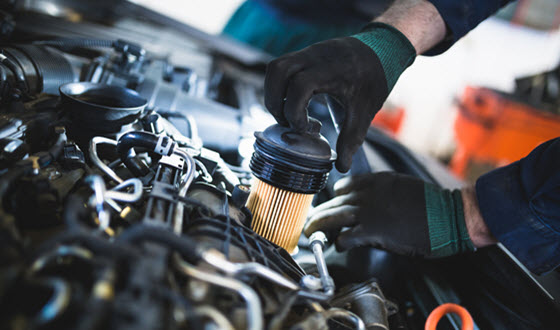
The German automotive specialists here at Euro Automotive will use the latest diagnostic equipment to inspect and repair your oil leak in your VW. We service customers from all over the area, including Dallas, Garland, Arlington, and Fort Worth, TX. Call us today if you have questions about our pricing or appointment availability. You can also stop by for a consultation. We look forward to earning your trust and support for all your future Volkswagen maintenance and service needs.






